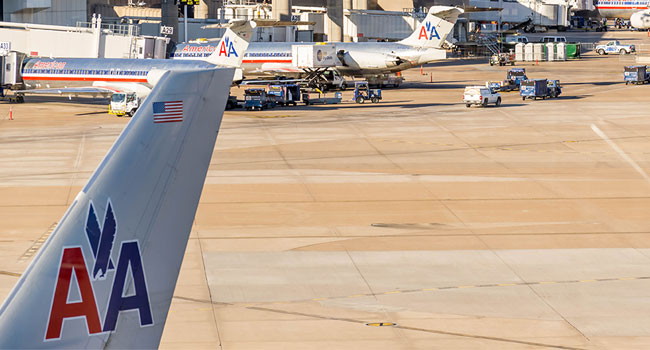
Drug-distribution Conspiracy at DFW Airport
- By Ginger Hill
- Jul 15, 2015
A 46-person drug-distributing, money-laundering ring that recently got busted at Dallas/Ft. Worth (DFW) International Airport was unsealed this morning, “inviting” 17 of the 46 people to make appearances in the downtown Dallas courtroom. Most of the group of 17 is charged with at least one count of money laundering or conspiracy to commit money laundering, and/or drug charges.
With security being so tight at airports, just how did this happen? The following group of four explains:
- Funaki “Noc” Falahola, 33 years old;
- Moniteveti “Vince” Katoa, 51 years old;
- Molitoni “Tony” Katoa, 33 years old; and
- Janelle Isaacs, 40 years old.
All of the above mentioned “Fantastic Four” admitted to either working at DFW Airport or knowing someone who could bypass security to make cocaine deliveries from the airport to various locations throughout the United States. The indictment also accuses them of acting as “lookouts” to bypass airport security measures.
This is how the story went down.
Falahola told an undercover FBI agent that he and Katoa, his cousin, could help transport cocaine from DFW to Las Vegas, Los Angeles, San Francisco and Miami. Katoa was an airport worker who, after completing the security check, would fly the drugs on his person to their final destination.
Falahola informed the undercover agent that his cousin and other family members (Janelle Isaacs, Katoa’s wife) could help while Katoa explained that he has several ways to transport illegal drugs, going into details about how he had flown several times to observe how TSA conducted security checks in various cities. Katoa even admitted that he had been waiting for the opportunity to transport drugs on American Airlines.
Falahola and Katoa struck a deal with the undercover officer and agreed to transport four kilos of cocaine to Las Vegas for $9,000. Undercover officers gave Falahola a backpack with four kilos of some type of substance resembling cocaine in which he and Katoa delivered to another undercover officer in Las Vegas.
Each drug trafficking conspiracy charges has a maximum sentence of life in prison and millions of dollars in fines. Money-laundering charges have a maximum penalty of 20 years in prison and a $500,000 fine.
Image: CaseyMartin / Shutterstock.com
About the Author
Ginger Hill is Group Social Media Manager.